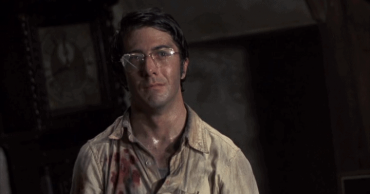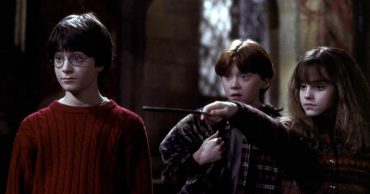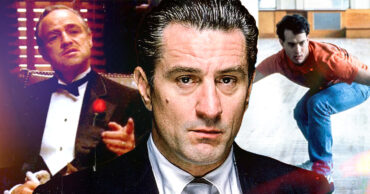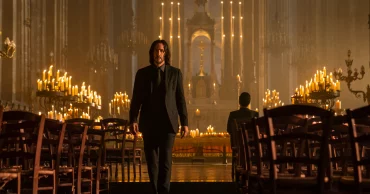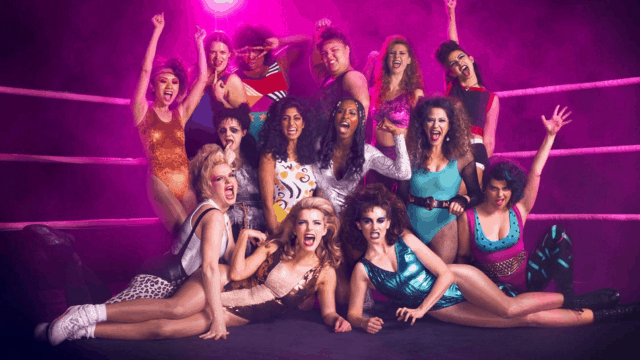
In a land of accusations, truth-blasting, and something I like to call “false sorrying,” the female community needed something to feel strengthened by. Women needed a message that said, “Hey, we are women, we are strong, and we will not be ‘bullied into submission.’” Well, that messaged arrived, and it is plastered in glitter, hairspray and aerobic wedgies. Please welcome the greatest female empowerment story to hit Netflix since Orange is the New Black, GLOW: a tale of of misfit females in the ‘80s who find their calling in wrestling.
GLOW stars Community’s Alison Brie, Nurse Jackie’s Betty Gilpin, and Comedian Marc Maron in a show that grapples with feminism, drug addiction, prejudice, abortion, and adultery – all disguised by witty comedic lines, hilarious staging, and loveable characters.
On the surface, GLOW tells a story of a struggling actress desperately seeking a role that doesn’t require answering phones for powerful men. She finds her home with a team of eccentric outsiders, where she discovers who she is and begins to see the value in herself and her contributions to her team and the world.
So what makes GLOW an excellent commentary on the continuing Hollywood scandal regarding fancy executives and their inability to treat women like human beings?
Female Creators
GLOW was created by three of the most brilliant women in Hollywood: Jenji Kohan (Orange is the New Black), Liz Flahive (Nurse Jackie), and Carly Mensch (Weeds). These women teamed up to create a show that largely featured women as strong and independent while simultaneously complicated and willful.
And they are not the only artists to join in the movement for female empowerment. Movies like Wonder Woman and Star Wars feature strong female stars as well, giving young girls and women all over the world an opportunity for hope. The difference with GLOW is that women are featured not necessarily as heroines, but as everyday women, living in the struggle, making choices (both good and bad) and living with the consequences of those decisions.
The creators of GLOW took a stand (perhaps not on purpose) against some of the violence happening against women today. This show portrays women as strong and willing to fight, hard, for their dignity and respect. Another message that is beginning to spread through the veins of the American people, men and women alike.
Large Female Cast
The women who made all the dreams of the creator’s real were those who worked their bodies to the bone to prove they could do whatever it took to be recognized: the wrestlers. Ruth (Alison Brie) and Debbie (Betty Gilpin), long-time friends and actresses, star as Zoya the Destoya and Liberty Bell, the Communist swine and American hero (respectively) who end their first televised match with an impressive performance.
Ruth, excited by the possibility of playing a role that demands attention, and Debbie, a new mother desperately seeking a moment in the spotlight again, have a minor falling out before coming together to put on the show of a lifetime, equipped with acrobatic stunts and costumes that leave little to the imagination.
The strong women who helped make GLOW a reality, both the original wrestlers and the actresses who portrayed them, stand out from the crowd as heroes and role models to a generation of women who get reprimanded for unfair dress code standards, catcalled on the streets, and accosted in hotel rooms.
Terrific Male Cast
The women, though the focal point of the series and the sport, are not the only ones who helped create the gripping show. The male leads, director and cocaine addict Sam Sylvia (Marc Maron) and cash cow Bash Howard (Chris Lowell) were critical in the fruition of the show and the trajectory of the female character development.
Sam joins Bash’s dream project of creating an all-female wrestling show in the hopes of getting funding for his dream project, “Mothers and Lovers.” Unenthused by this prerequisite, Sam starts off casting by using offensive, gendered language and making clear jabs at the physical requirements of girls on his show.
By immediately coming off as a sexist misogynist, he is able to act as a catalyst for the female cast, giving Ruth and Cherry Bang (Sydelle Noel), free range to stand up for themselves and prove all of his prior notions about women completely wrong. Sam and Bash were excellent additions to help tell the tale of the phoenix who rose from the ashes of oppression.
Female Representation Is Body-Slamming Symbolic Strength
What used to be a symbolic gesture toward equality is now a impetus for change as female representation in media begins to enact true transformation in societal standards, views and opinions surrounding the roles of women. GLOW is one of many female empowerment series’ like Weeds and Jessica Jones that actively contributes to the elevation of the female role in our society today.
Women are becoming more autonomous over their own minds and bodies and vigorously working toward an equality that is without bounds in many different areas, including:
- Education: More women than ever are pursuing higher education, making them more qualified for executive positions.
- Healthcare: Perceived stigmas and fear of slut-shaming are contributing less to the lack of female engagement in routine STD screenings and other historically marginalized aspects of wellness.
- Politics: Representation, both in political positions and federal and local legislation, is affecting change at all levels for all women as more positions are slowly becoming occupied by females.
- Entertainment: Women are coming forward in the face of sexual harassment in the entertainment industry, finding the courage to face their abusers.
Though GLOW will not be the deciding show that turns the entire world around and makes room for women to be the leaders, GLOW and other shows like it are surely moving beyond simple entertainment and taking on the business of change and equality. Rather than reinforcing stereotypes, these shows are taking stereotypes and flipping them on their heads, turning women into warriors, mothers into bosses, and girls into fighters.
 Follow Us
Follow Us
